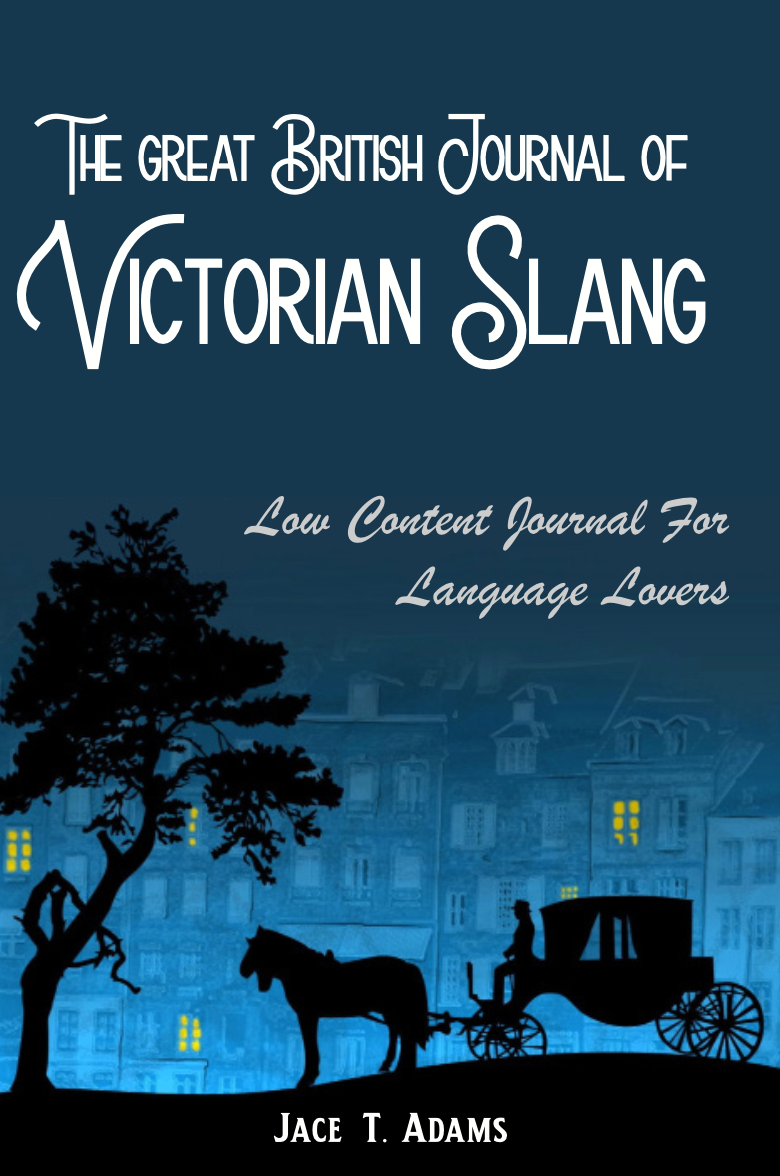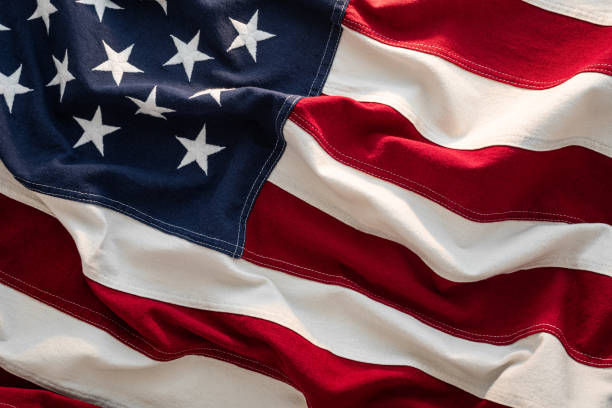2023's official WORD of the YEAR
- jacetylerxxx
- Jan 12, 2024
- 3 min read

Some of you may have read already, and some of you not, but there’s one particular news article I look forward to each and every new year, and it’s just this week been published. That’s right. You’ve guessed it. It’s the Oxford English Dictionary’s Word of the Year - 2023.
First, a little backstory. The Oxford English Dictionary (OED) is primary, official historical dictionary of the English language, tracing the development of English and its many variations and progressions, beginning way back in 1857 when work first began on a universal comprehensive resource for scholars and academic researchers, before it became the literary standard for the language that we know it as today. As fans of BBC’s Blackadder series will attest to, this was no small undertaking, and it wasn’t until 1895 that the name The Oxford English Dictionary was even associated with the publications.
Few people might consider this common knowledge, but the OED actually updates itself four times a year as language develops, new words emerge, and meanings become watered down or redefined. Some of these additions refer to acronyms and pop culture references that might raise a few eyebrows, and some of them are just plain bonkers. Did you know that in recent years, words like ‘noob’, ‘jerkface’ and ‘sharenting’ have become legitimately defined words, according to the OED?

Or that in 2023, ‘self-coup’, ‘latine’, ‘rage farming’, ‘petfluencer’, ‘nearlywed’, and ‘cakeage’ have all become – amongst others – official entrants into the Oxford English Dictionary. Do you even understand all of these terms? Do you know what was the official Word of the Year for 2023?
‘Rizz’.
Yep... RIZZ.
I must admit, I had never heard this term until the OED gave it its coveted place in history. My software doesn’t even recognise more than half of these new words as correct spellings or actual words! It is defined as ‘a style, charm or attractiveness, or one’s ability to attract a romantic or sexual partner’...
I could have been given a lifetime of guesses and I never would have come up with that definition!
So how does this apply to literature? Would you be happy if your favourite author described a terribly ratchet character (official entrant), questioned WTAF in casual conversation (official entrant), or described a gaslighter who became so fluthered and langered that he had to walk home in the rain, leaving him drooking to the bone (all recent entries to the OED)?

As readers of my Great British Journal collection will know, written language has long since ceased to be privilege of the elite, and language evolves all the time, but how quickly should these changes happen? Do you prefer books with a more classical grasp of the English language, or do you like when authors whimsically use trendy terms specific to that unique snapshot in time?
Would it put you off to read a novel from the 1980s that depicted teenagers still describing things as tubular or cosmic? Would you even understand them, in this day and age?
For me, I prefer a more timeless narrative, so it’s interesting to think which words and terms I’ve used in my works that will sound dated, or even nonsensical in a hundred years time or more.
After all, the last thing I’d want to do is to increase anybody’s cringe-factor.
And yes, that term is in fact another official update to the Oxford English Dictionary!
Let me know your thoughts...





Comments